Salvatore Savo is the Co-Founder & COO of Boston-based startup, Tetrascience, an ‘Internet of Things’ company that’s modernizing research by bringing cloud software to the laboratory. Savo took a moment to update the Nasdaq Entrepreneurial Center on his journey as a founder so far.
What does “entrepreneurship” mean to you?
It’s the journey to build a product or a service that creates value. It’s the type of endeavor that, despite the risk, motivates millions of people around the world to take an idea from 0 to 1, then from 1 to 100 and even further. The most rewarding aspects of this incredible process are the new people that I continually meet, from my co-founders to other founders, to the employees and customers. These relationships keep teaching me ways to make sure that our company provides the best possible value to the field.
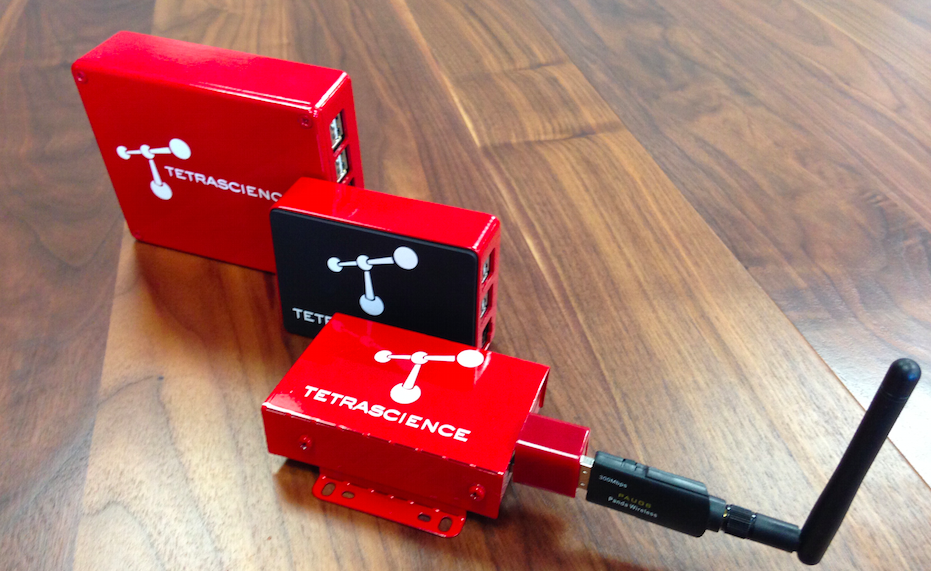
How did your company come to be?
My co-founder Alok and I met when we were postdocs at Harvard. We connected over a shared desire to move outside academia and build something that had a measurable impact. For me, doing research in academia and getting published in top-notch journals was fun and rewarding, but it’s not the most effective way to make a difference in the field of life sciences, or in people’s lives directly. Alok and I were intrigued with the idea of starting our own company and spent over one year discussing different problems in the industry and brainstorming ways to tackle them. Finally, one night we realized that one of the biggest problems in the industry was one we had been trying to solve ourselves for most of our careers as scientists: how do we make science more efficient? The answer lay with automating the collection of scientific data, something we’d already been doing to make running experiments more efficient. For example, I built a remote-controlled system for mapping the electromagnetic energy transmitted by metamaterials. Automating this process made me 3x more efficient and enabled me to generate 3x more data. We looped in fellow co-founder Spin with the idea of creating a cloud-based platform for automating lab processes, and the rest, as they say, is history.
What is the biggest experience or lesson gained on your journey so far?
The most valuable lessons I have learned are to plan and prioritize. In terms of planning, I use the OKRs (Objectives and Key Results) framework to set objectives and then achieve them through measurable key results. As a scientist, working with numbers to track and evaluate progress is intuitive. In terms of prioritization, I’ve learned that the key is to stay focused. I learned the hard way that the secret to success is the ability to separate the things that should be done from the things that must be done.
How is your company changing the landscape?
Customer service and user experience. Early in the company’s history we became aware of the non-customer-centric approach that existing companies/services had towards serving the life sciences industry. At TetraScience we aim to bridge that gap and take customer service and feedback very seriously. We do this in several ways, such as our live chat app, where customers can contact us and get instant advice/service for their inquiries. We also meet with our users periodically to collect feedback. Our efforts are rewarded when we get emails from customers saying that they are very pleased to see that features that they recommended to us were successfully implemented in the product.
What do you wish you knew when you started? Is there anything you would do differently?
The importance of constant internal communication, especially as a company grows. When people are not on the same page, you waste a lot of time “backing up” and starting over at square one. Additionally, I would invest more of my energy into better planning and less towards worrying. I now try not worry or be paranoid about the things that cannot be controlled. Easier said than done, but at the end of the day, doing the best you can, and being confident about that, is the best one can do.
What advice/credo do you live by as you grow the business / what is your professional and personal mission statement?
1) Be empathic
2) Trust your gut feelings
3) Avoid people who aggravate you.
1) The power of empathy is something that in today’s society is highly underestimated. Working with other people inevitably means receiving feedback about your own work. I always try to understand where feedback is coming from and the perspective that led to it. Having empathy helps get the best out people and is a catalyzer for motivation.
2) Running a business means being able to find a metric for every task. However, when it comes to people, I have learned to also trust my gut feeling, because oftentimes it turns out to be right.
3) The world is full of different people with different personalities, and hoping to get along with everyone is impossible. To this end, I tend to focus on people I can resonate with and establish a long lasting and trustworthy professional or personal relationship.
What advice do you have for fellow entrepreneurs about building and leading teams?
Building a company is like raising a child, where the relationship between the parents can make a huge difference in a kid’s life. Likewise, for a business, the relationship between co-founders can determine the success or the failure of a company. Choosing the perfect co-founders it’s not easy, however, I used some basic principles when I chose my current co-
founders: dating, shared goals, integrity. It’s very important to spend as much time as possible with the people that you want to build a company with, before starting the business – much like dating to get to know someone better. Going out for beers, meals, introducing them to your significant ones are all great ways to get a good initial feeling about the person/s. Most importantly this will help you understand their goals, and whether they resonate with your own. Successful co-founding teams must share a common set of personal and professional goals and values that will ensure resilience to the business when things don’t go well or when there are hard decisions to be made. Lastly, I try to answer this basic question: Are they persons of integrity? This is the most tricky to answer because typically it can take a long time to figure out. And it’s for this reason that in this case I always rely on my instinct.
Where do you find inspiration when faced with challenges?
I lost my dad when I was 24, he is my source of inspiration. When it comes to facing and managing difficult situations, my wife and my little daughter give me the energy, motivation, and the strength to overcome them.
What does “success” look like for you? What do you think will help you achieve it?
We will be able to say that we have achieved success when our product will be the de facto data platform for science. The only way to achieve it is to listen to our customers.
What is your proudest and darkest moment so far?
Proudest moments are when anyone from my team gets recognition. I love to hear things like “working with E. is terrific” or “K. did a great job for us”. My darkest moments have been when things didn’t go as planned and we were not able to notify the customer ahead of time that something went wrong with the product.
What do you look forward to for the rest of 2018?
In 2017 I learned that growing a team is as hard as building a product. Employees deserve as much attention as customers and customers will only be as happy as our employees are. In 2018 we are focusing more on our team so that we have the most happy & motivated employees who have clarity on what they are doing and why.
Many entrepreneurs continue to perfect their daily routines to support their work and greater vision; would you mind sharing your morning routine or a regular ritual that grounds your work each day?
I start every morning with a nice espresso from my Italian coffee maker and drink it in front of my window getting mentally ready for the day ahead. Then, I like to spend 20 minutes reading to my 2 year old daughter, which helps me remember what truly are the most important things in life.
What kind of an entrepreneur do you want to be known as, as in, what do you want your legacy to be?
I would like to be remembered for being genuinely interested in our customers’ needs and for bringing a new type of customer-centric product into the life sciences industry.
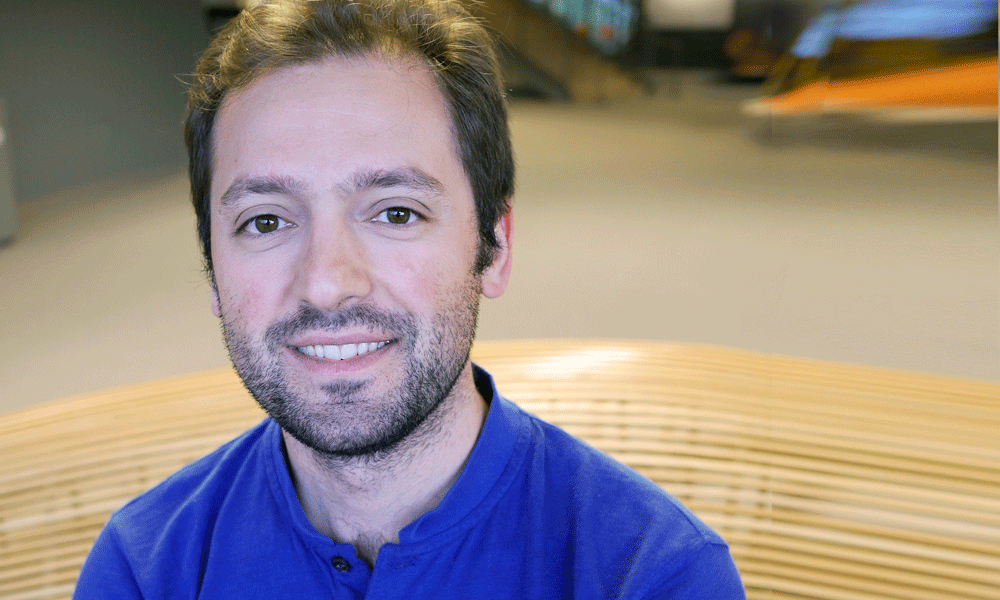
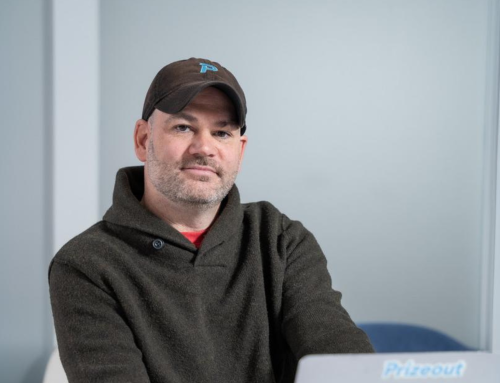
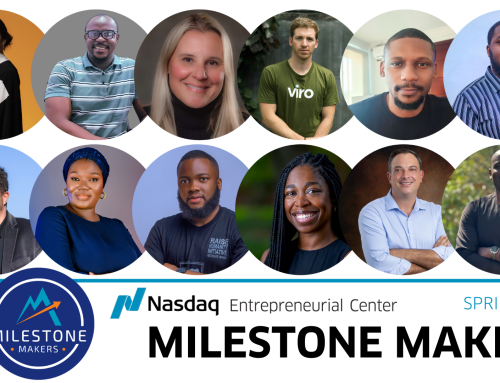
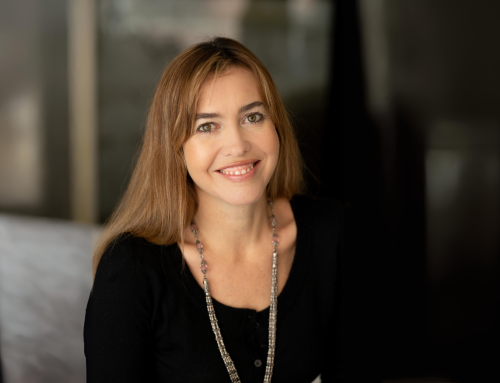
Invite a Friend
Close